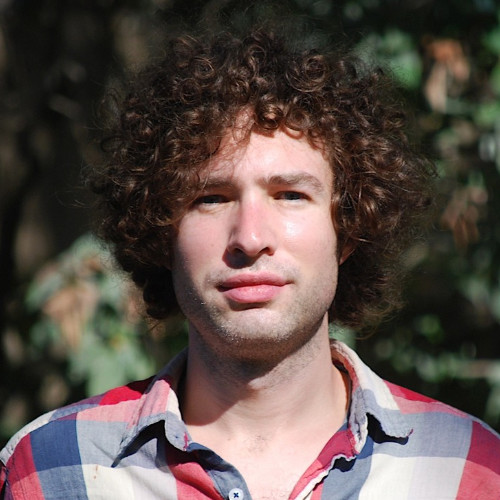
Social network analysis has provided foundational insights into the nature of human sociality and has been used to understand and improve diverse policy outcomes. A common goal of research in this area has been to construct an accurate measure of the social network by ascertaining how everyone in a defined population is connected. However, it is clear that individuals reason not only about their own relationships, but also form beliefs about the social relationships among others in their broader community, even those to whom they may not themselves be directly connected.
Eric Feltham’s groundbreaking 2023 dissertation about such “cognitive social networks” dramatically advances the scientific frontier in this area. In the past, this type of data, which has only very rarely been collected, has been constructed exhaustively, by asking each individual about the relationship between other individuals in the group. Consequently, this approach has only been feasible for very small networks, usually of less than 30 individuals and typically in stylized settings (e.g., classrooms).
Instead, Feltham develops a general approach to sample each person’s “slice,” making the study of individual perceptions of ties in larger networks more tractable. He then deploys this approach to collect data from over 10,000 people in 82 villages in Copán, a remote region of Honduras, to investigate the qualities that make for more or less accurate social network beliefs. And he investigates whether people who conceive of networks more accurately (as compared to a ground-truth network that was also mapped, i.e., by asking i and j directly if they where in fact friends) are more able to acquire novel information that was experimentally introduced to randomly chosen people within the village networks.
Feltham finds that observers greatly overestimate the social interactions among kin. Counterintuitively, observers had more accurate beliefs about non-kin pairs, especially when individuals were popular, middle-aged, or educated. They were less able to see ties across different religions or wealth. Individuals in villages that cultivate coffee, requiring coordinated effort, demonstrated greater bias to view networks as connected. Finally, more accurate respondents had better access to information experimentally introduced to their peers.
In sum, this remarkable dissertation involved: advancing the theory of social cognition, developing new methods for sampling people’s perceptions of networks, devising the instruments to collect the data in the field, supervising a large data collection effort in Honduras, and deploying demanding methods to analyze the data. All this effort was in the service of an important project: the documentation of the ways people internalize social reality and map social networks in their minds. Such an ability is relevant to many sociological processes, from social contagion to social efficacy to social capital. People cognize the social networks around them with varying degrees of accuracy and in biased ways that have implications for how they affect, and are affected by, the social world.